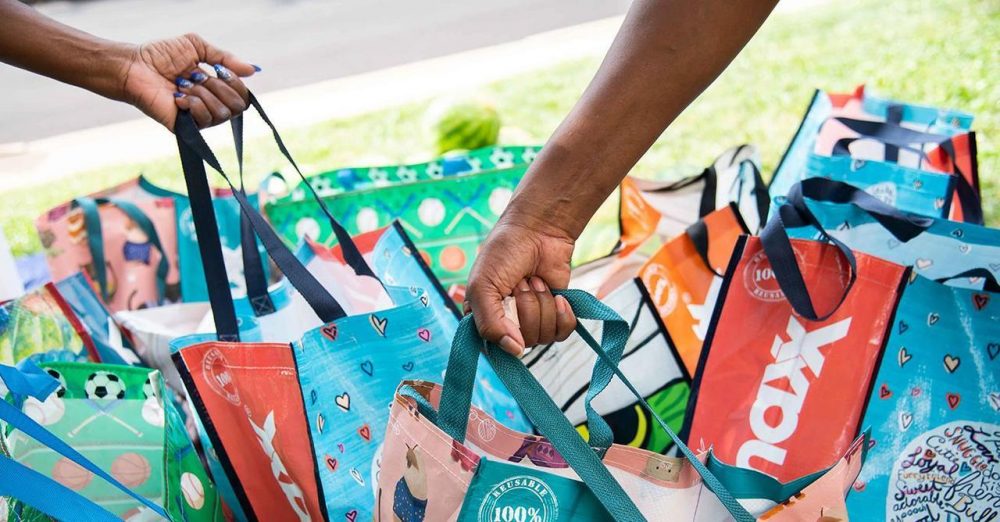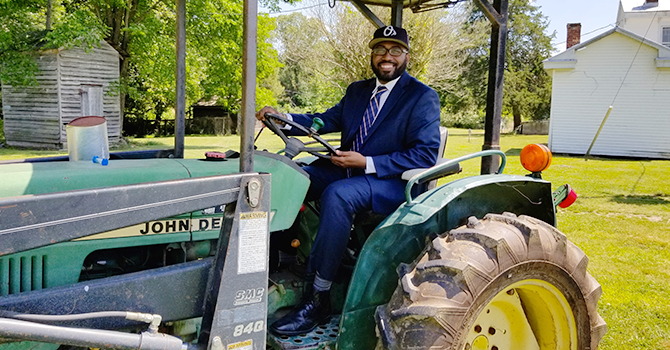As the federal government races to restock store shelves with infant formula, many people are experiencing an unprecedented encounter with food insecurity. Sadly, food shortages are not new. Even before the COVID-19 supply chain-induced delays, food insecurity was endemic in certain communities. Millions of adults and children live in food deserts — geographic areas in which residents have few convenient options for reasonably priced and wholesome food.
A constellation of economic, health, and social factors influence food insecurity. Among the leading issues are poverty, unemployment, insufficient income, lack of access to healthcare, systemic racial bias and racial discrimination. We actually know the social, political, educational and economic levers to address some of these factors. And we can be grateful, as the resources below suggest, that innovative and compassionate people are bringing real solutions to bear on solvable food problems. We also know that congregations have a role to play in relieving food insecurity.
In the Old and New Testaments, one of God’s most generous gifts to God’s people was a stable source of food. In Exodus, God fed the Israelites every day for 40 years during their wilderness sojourn. Jesus had compassion on a famished multitude by distributing such a large quantity of bread and fish that the disciples had leftovers.
Food nourishes our physical bodies, but it does so much more. Given the abundance in our world, feeding is a faithful act of justice. What would you discover if you reflected with your leaders about compassionate responses to food insecurity? The following questions might be used as conversation starters:
- When you think about communities around or near your church, where are the food deserts?
- What are the summer food resources for local school children who are on free lunch programs during the school year?
- Who is working to address food insecurity in your area, and how can your congregation partner with them?
Resources
In the face of pandemic food insecurity, one church takes on the ministry of giving away groceries
By Leslie Quander Wooldridge
9 strategies for meeting people and learning their needs
By Elizabeth Mae Magill

Interested in writing an Alban book?
Rowman & Littlefield is excited to be working with Alban Publishing to continue producing top-quality books on congregational leadership, development and governance under the combined Rowman & Littlefield and Alban imprint. Alban’s many prominent authors include Susan Beaumont, Gil Rendle, Peter L. Steinke, Roy M. Oswald, Diana Butler Bass, N. Graham Standish and Loren B. Mead.
Learn more about submitting a proposal to the Alban imprint: https://rowman.com/Page/RLAuthRes
Questions? Email Rowman & Littlefield senior executive editor Richard Brown at rbrown@rowman.com.
Before you go…
Food is such a central part of our faith communities. We eat to celebrate life. We eat to mourn death. We eat to express our love for one another. When we think about all the spiritual, cultural, and emotional ways we are connected to food, we can see why congregations should care about food insecurity. Someone in your community is likely working on this issue. Challenge yourself to find out who they are and learn what your congregation can do to extend their work. How can you turn food insecurity into a demonstration of God’s steadfast love and abundance and an opportunity for authentic hospitality?
You can always reach me and the Alban Weekly team at alban@duke.edu. Until next week, keep leading!
Prince Rivers
Editor, Alban at Duke Divinity




